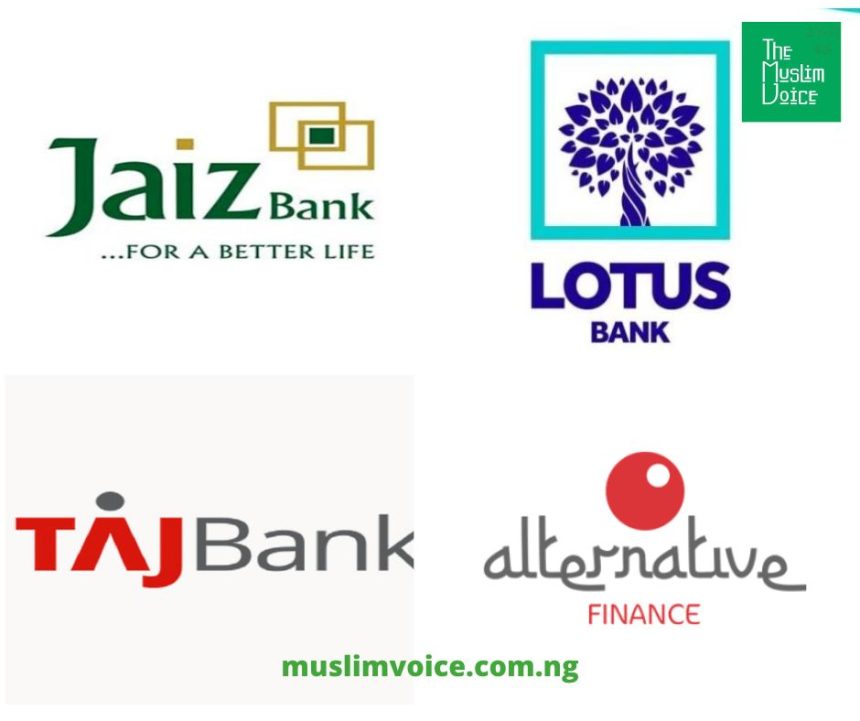Onome Amuge
Nigeria’s Islamic finance sector is set for a notable expansion from the latter half of 2025 through 2026, driven by an increase in sovereign sukuk issuances and a surge in Islamic banking assets. This optimistic outlook comes from Fitch Ratings, following recent regulatory enhancements and the introduction of new liquidity tools by the Central Bank of Nigeria (CBN).
In its latest non-rating action commentary, Fitch projected that the industry’s growth will be strengthened by new paid-in capital requirements for financial institutions and the CBN’s efforts to foster the sector’s development.
The Nigerian government’s return to the sukuk market last month, after a two-year hiatus, signals renewed momentum. This move coincided with the CBN’s introduction of novel Islamic liquidity management instruments, including a non-interest financial institution’s master repurchase agreement, non-interest asset-backed securities, and non-interest notes. These instruments are designed to address a critical market gap, offering Islamic banks new avenues for funding and liquidity management, which could bolster their credit profiles.
Fitch estimates the size of Nigeria’s Islamic finance industry at approximately $4 billion as of the end of May 2025, noting a structural improvement since the introduction of these liquidity tools.
Sukuk outstanding currently forms the largest segment of Nigeria’s Islamic finance industry, accounting for 53.9 per cent, followed by Islamic banking assets at 45.2 per cent. The remaining portion comprises takaful (Islamic insurance) and Sharia-compliant funds.
Non-interest banks (NIBs) recorded a 110 per cent year-on-year asset growth by the end of 2024, primarily fuelled by a substantial increase in deposits and loans, both of which more than doubled in value. The establishment of Summit Bank Limited in 2024 further contributed to this expansion.
Despite this robust growth, NIBs’ market share within the country’s total banking assets remains modest, rising to 1.7 per cent at end-2024 from 1.1 per cent at end-2023. With only five operational non-interest banks, their collective market share is projected to reach about 2 per cent in the medium term. Jaiz Bank PLC (rated B-/Stable), Nigeria’s pioneering fully-fledged NIB, commanded 38 per cent of the NIB sector’s assets at end-2024.
Fitch acknowledges Nigeria’s potential for Islamic finance, underpinned by one of the world’s largest Muslim populations and a considerable unbanked segment. However, the industry is expected to remain substantially smaller than conventional financial institutions due to persistent challenges. These include a lack of public awareness, strong opposition from certain segments of the populace, limited product availability and distribution channels, a still-developing regulatory framework, and the small number of operational Islamic banks.
The sovereign’s eighth sukuk issuance in May 2025 was oversubscribed seven-fold, signalling robust demand. As of May 2025, outstanding sukuk in Nigeria (all denominated in naira) totalled $2.2 billion, representing a 4 per cent year-on-year decrease and comprising less than 2 per cent of the country’s debt capital market outstanding. While bond issuance (across all currencies) in 2024 nearly doubled that of 2023, reaching $12 billion in the first five months of 2025 (compared to $18 billion in the same period of 2024), the absence of corporate and financial institution sukuk issuances reflects a lack of incentives, demand, additional issuance complexities, and a relatively underdeveloped sukuk market.
In 2024, the CBN increased paid-in capital requirements (share capital plus share premium) for commercial, merchant, and non-interest banks. Banks have three avenues for compliance including equity injections, mergers and acquisitions, or downgrading their licence authorisation. Jaiz Bank, for instance, required only a small capital injection to meet the new requirements and has already achieved compliance.
Meanwhile, the takaful segment in Nigeria continues to hold less than 1 per cent of total insurance industry assets as of end-2024. In April 2025, Fitch upgraded Nigeria’s rating to ‘B’ from ‘B-‘, reflecting increased confidence in the government’s broad commitment to policy reforms initiated following the shift to orthodox economic policies in June 2023.









